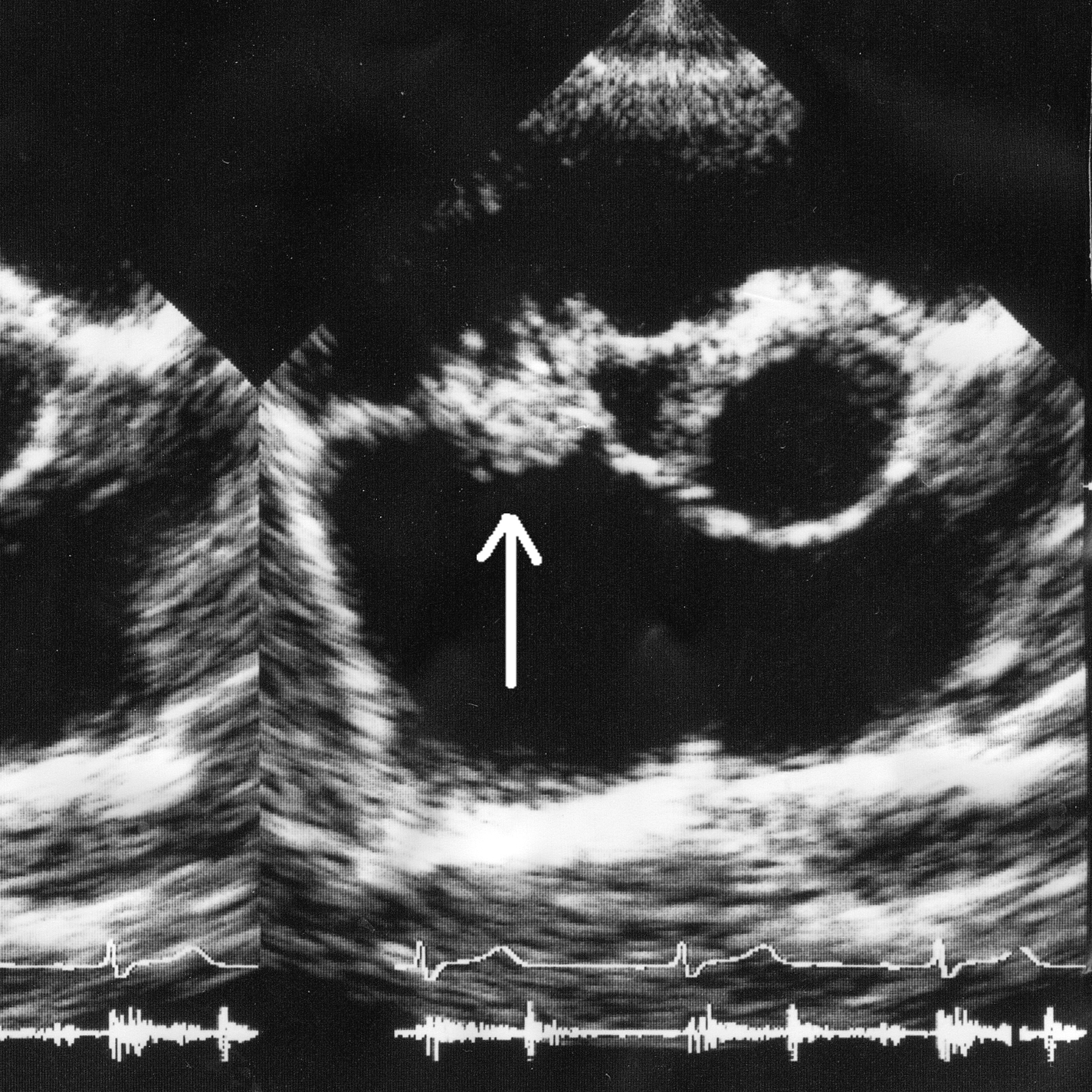“Reason itself is fallible, and this fallibility must find a place in our logic.” - Nicola Abbagnano
Decision making in Emergency Medicine is intensely complex and it also the defining characteristic of the practice of Emergency Medicine. To outside eyes we may seem to be a specialty of action: chest tubes, intubations, heroic resuscitations with massive amounts of blood products and IV infusions. In truth none of the “action” of our specialty, the big sexy things they make into TV shows and movies, occurs without rapid, precise, and accurate thinking and decision making. But the Emergency Department can be a hostile environment to the decision making process. And, I’m not just talking about the noisy environment, the multiple interruptions, the patients with a wide variety of chief complaints and acuity seen in quick succession. There’s seemingly a thousand different hurdles between the instant a patient recognizes that something might be wrong with them and the moment a clinician diagnoses the problem.
Read More


















